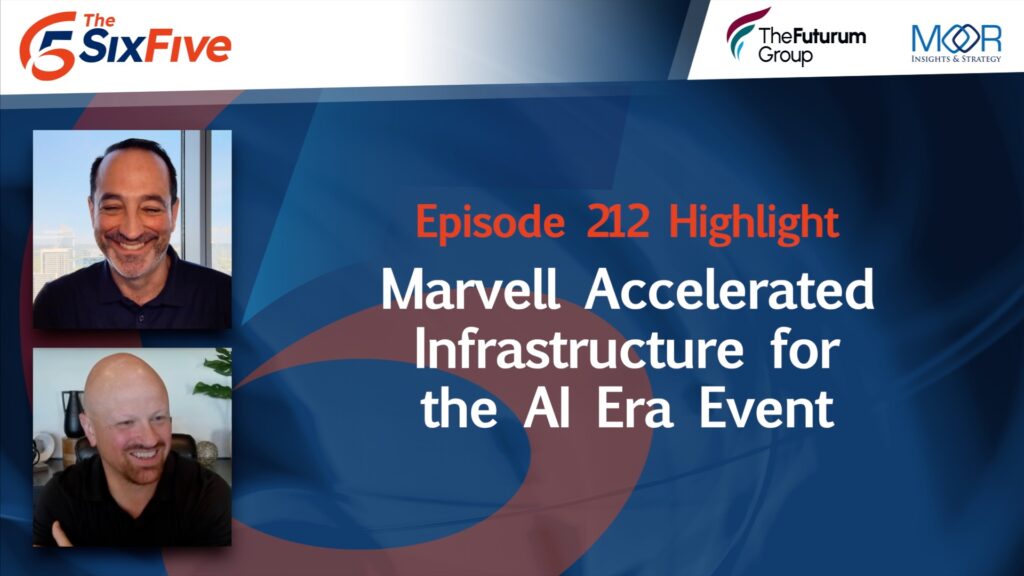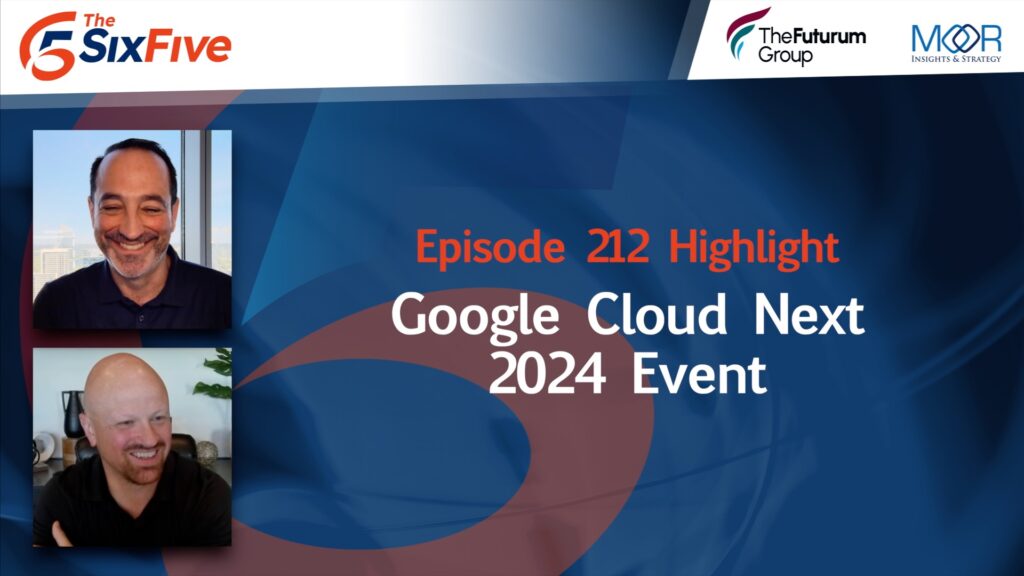A customer journey during travel can be a complicated, disparate, and non-linear meandering process through digital, voice, and in-person touchpoints. The “how did we do?” written card at the end of a hotel stay is all but ancient history, except for some mom and pop operations, as technologies are now levied across multiple channels and locations. In preparation for the upcoming Dash Research CX in Travel & Hospitality report, I recently spoke with some CX companies that offer products to this sector to discuss CX industry trends in this space, as well as the challenges the industry is facing.
During a chat with Josh Rosenberg, Lead Product Marketing Manager, CX, at Get Feedback (now part of Momentive.ai), Rosenberg pointed out that for the insights & feedback segment in general, a technology has to meet customers where they are, as they move not only from channel to channel, but potentially from device to device. CX needs to be provided not only as customer to person, but also as person to device. The use of mobile apps in travel has been in place for quite some time and technologies such as GetFeedback are helping companies by gathering what users think, feel, and need from their interactions. In turn, this helps companies determine sources of friction and operationalize a fix. KLM Royal Dutch Airlines implemented technology from GetFeedback when its initial version of its mobile app was not well received by users. GetFeedback was integrated into the app, allowing for the collection and analysis of both quantitative and qualitative in-app feedback. The development team was able to determine issues that were pain points and address them more quickly. Additionally, the KLM team used insights gathered to prioritize what features and updates should be rolled out to its highest valued demographic. The result was an increased rating from 2.8 stars to 4.2 stars and the app has hit more than a million downloads.
Having input coming in from multiple points makes it even more crucial to have strategies and technologies in place to provide a unified picture and break down the data silos. Medallia is a company with deep roots in hospitality and Geoff Ryskamp, VP – sector head of retail & hospitality, spoke with me about the importance of managing a brand across touchpoints and not just looking at metrics in a vacuum. The tech stack in travel and hospitality can be challenging and the technologies used must help break down departmental silos. An issue raised during a contact center interaction might need to get to operations; it cannot be buried in data or mislabeled as a contact center problem. Medallia aims to help clients gather and understand 100% of their experience signals from a wide range of sources to come up with a total experience profile. Medallia has had Hilton as a long-term client, and its technology is used across all levels of the Hilton organization. More than 54,000 Hilton employees regularly engage with feedback gathered via Medallia across 6,000 locations. This focus on CX has resulted in “promoters” spending 21% more at all Hilton Worldwide brands within a 3-year period.
Tom Wakeman, director of client services at SMG, also commented on the disjointed customer journey of travelers with many third parties involved. Digital interactions, face-to-face, contact center experiences, ratings, and reviews are all touchpoints where friction can occur and insights into those moments can demonstrate what is important to each customer in real time. In addition to the collection of insights, Wakeman emphasized the importance of strong case management and workflow, so the feedback does not sit actionless in a vacuum. These are still challenging times for the travel and hospitality market, and it will continue to be so for the foreseeable future. Labor shortages, decreased bookings, and ever-changing COVID-19 regulations are some of the current hurdles. The use of CX technologies, particularly in providing insights to assist with focus and prioritization, will be of utmost importance as companies strive to provide a positive experience with their brand through the turmoil.
Author Information
As a detail-oriented researcher, Sherril is expert at discovering, gathering and compiling industry and market data to create clear, actionable market and competitive intelligence. With deep experience in market analysis and segmentation she is a consummate collaborator with strong communication skills adept at supporting and forming relationships with cross-functional teams in all levels of organizations.
She brings more than 20 years of experience in technology research and marketing; prior to her current role, she was a Research Analyst at Omdia, authoring market and ecosystem reports on Artificial Intelligence, Robotics, and User Interface technologies. Sherril was previously Manager of Market Research at Intrado Life and Safety, providing competitive analysis and intelligence, business development support, and analyst relations.
Sherril holds a Master of Business Administration in Marketing from University of Colorado, Boulder and a Bachelor of Arts in Psychology from Rutgers University.









